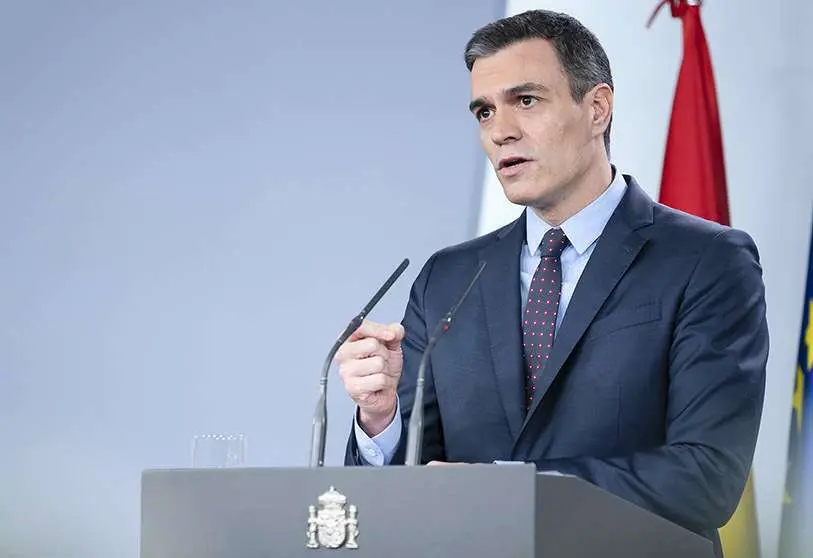Spain will be open to international tourism in July

Safe tourism to avoid a resurgence of the coronavirus. This is the motto that the Spanish Government will adopt from next July. Finally, there will be an international tourist season in Spain this summer, although it will be characterized by numerous restrictions to ensure that the pathogen cannot spread again.
"We have to be very careful about how the person who comes here is not at risk because he or she arrives at a safe destination, and at the same time does not pose a risk to the local population," said Prime Minister Pedro Sánchez at his weekly press conference from the Palacio de la Moncloa.
How is this premise going to be put into practice? The head of government has assured that the Executive, through the Ministry of Transport headed by José Luis Ábalos, is working with the main countries that send tourists - among them Germany, the United Kingdom, France and Italy - to create safe corridors between countries. No specific details have been offered, but the aim of the talks is for the movement of travellers to be free.
This has not happened so far. At present, the Spanish Government has ruled that any person arriving on national territory from abroad must spend, on a mandatory basis, a fourteen-day quarantine as soon as they arrive under their own responsibility, either at their private home or at the accommodation where they are temporarily staying.
From the tourism sector, the one with the greatest weight in the Spanish economy with slightly more than 12% of the gross domestic product on a national level, it was feared that these restrictive measures would discourage the arrival of visitors; fears that have become reality, given that, last April, the hotel occupancy level was a sombre 0%. In contrast, other countries around Spain with similar tourism products, such as Portugal or Greece, were beginning to benefit from new contracts with airlines and tour operators.
The opening scheduled for July, therefore, will alleviate this situation and responds, at least in part, to the complaints of employers in the sector, led by Exceltur. Sánchez has assured that the measures taken will ensure that visitors do not run any risk and, equally, that they do not pose any risk to the local population. Likewise, he has committed to making this tourism revival sustainable. Sanchez also said that the government would encourage inland tourism, as planned.
At the same time, the boom in the tourism sector will benefit other indirect sectors, such as the hotel industry, which has also been severely hit by the crisis.







